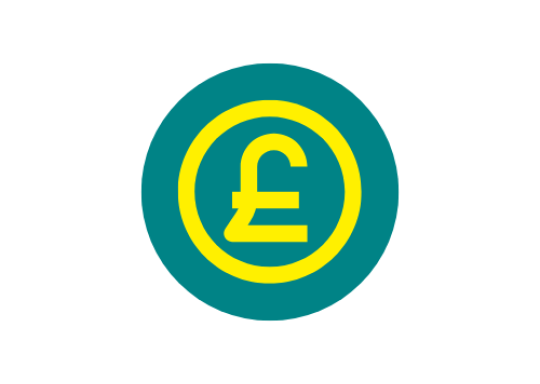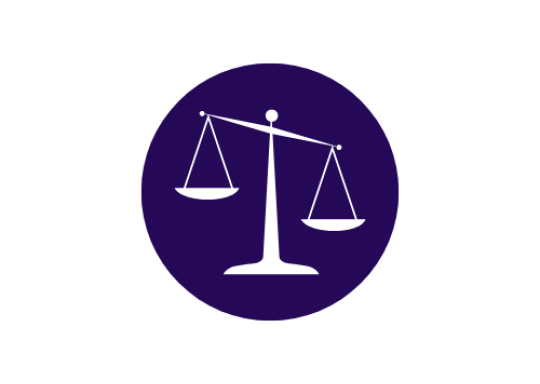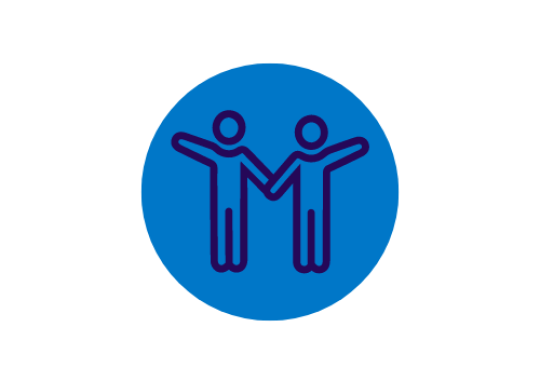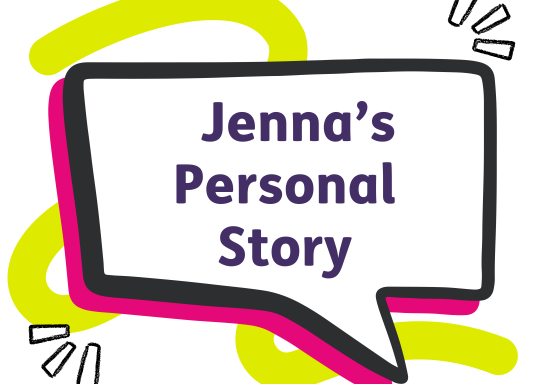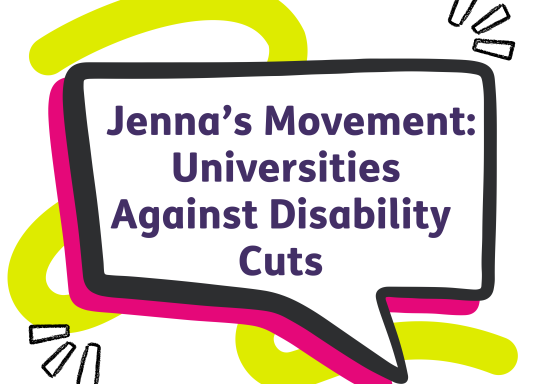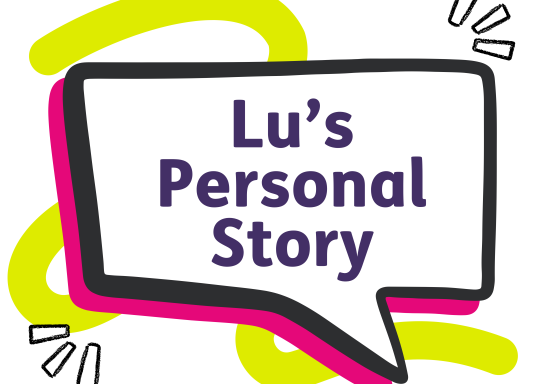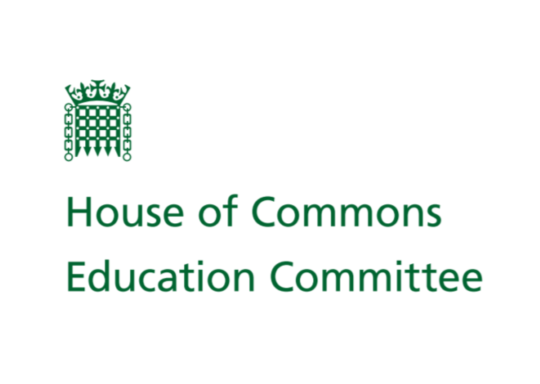Education
Current situation
There are 1.5 million Disabled school children, many of whom need additional support and inclusive environments to flourish, yet many go without the learning assistance and equality of opportunity that should be their right. Disabled individuals are three times less likely to hold any qualifications than their non-disabled peers and face disproportionate barriers to accessing Higher Education and further training.
The fight to secure Education Health and Care Plans (EHCPs) is enormous and delivery is far from guaranteed.
See our previous consultation responses below for a full list of references and links to the key evidence provided. You can also watch our evidence session with the House of Lords Public Services Committee online.
Key Evidence
- Barriers to EHCPs.
Less than 4% of those identified as having SEND (Special Educational Needs and Disabilities) have an EHCP.
Research by Special Needs Jungle has found that councils have spent over £253 million fighting parents at SEND tribunals since EHCPs were introduced in 2014. Research in 2020 also found that 95% of appeals ruled in parents’ favour, meaning that almost every tribunal ruled that local authorities had not complied with their legal duties.
- A lack of funding.
The National Education Union states that there’s a £2.1bn shortfall in SEND provision.
- An inaccessible and excluding school system.
Although SEND students only make up 15% of the school population, they make up nearly half of all school exclusions.
- Delayed identification and diagnosis.
The Guardian reported in April 2022 that the longest wait times for Autism and ADHD assessments in children were up to 5 years, with the average appointment times coming in after 88 weeks.
- A push towards segregated education settings.
As accessing an inclusive education in mainstream settings is becoming more difficult, there is a clear trend towards Disabled students being pushed into segregated education.
The shadow UNCRPD report found that, between 1999 and 2021, the number of Disabled children with EHCPs attending specialist segregated education settings rose from 35.4% to 49.6%.
In 2021 there was also an additional 11,655 pupils without an ECHP educated in segregated settings. These figures strongly indicate that mainstream schooling is becoming less inclusive.
- Disproportionate levels of bullying and abuse (including institutional abuse).
SEND students face double the rate of bullying and are three times more likely to experience sexual abuse.
Policy Asks
The following includes our key policy asks, but more specific recommendations on individual policies can be found in our consultation responses below.
- Increase funding and investment in the SEND system.
The SEND system needs an increased level of funding that will deliver improved attainment and outcomes for all Disabled young people with and without EHCPs.
- Remove barriers to accessing EHCPs and ensure those who don’t receive them are still supported.
The 96% of Disabled children who don’t currently have an EHCP need access to support and adjustments - and sufficient funding must be provided to local authorities and schools to deliver this.
- Improve early identification and diagnosis.
Improve teacher training to identify traits and behaviours earlier, and invest in paediatric health services, so that Disabled young people can access a diagnosis and support sooner rather than later.
- Make mainstream education settings inclusive to all Disabled children.
There is currently a clear trajectory towards segregated settings becoming the standard instead of the exception.
As underpinned by the UNCRPD, mainstream education settings should be an inclusive and safe environment for all Disabled students – no matter their needs.
- Improve the transition of policies across different education settings and stages.
Although the EHCP should support up until age 25, it does not transfer effectively to other education settings (e.g. Higher Education). Policies across different areas also don’t work effectively with each other, often leaving Disabled students facing additional barriers. For example, students are unable to access Universal Credit.
- Introduce better processes of accountability for local authorities and schools who do not deliver on their legal duties set out by the Equality Act 2010 and Children and Families Act 2014.
A meaningful system of accountability needs to be put in place to ensure local authorities and schools are meeting their legal obligations and implementing sufficient support. The responsibility should not be falling on parents to go through a tribunal process, to provide the only form of accountability in a system that is found to be unlawful in practice in the majority of cases.
We do not agree with the need for legislated new national SEND standards (as proposed by the SEND Green Paper), to fix the issue of inconsistency in SEND provision across the UK.
The current cause of inconsistency is the failure to implement legislation, not the legislation or policy itself. The duties outlined in legislation are clear and consistent, but local services need to be made accountable and have resources made available to deliver on these legal duties.
- Tackle institutionalised ableism within education policy – starting with the current approach to behavioural management and attendance.
Assessments are inaccessible, and the way schools approach behavioural management too often neglects the experience of Disabled and neurodiverse children. Parents are also being wrongly criminalised for attendance levels.
- Tackle the disproportionate levels of bullying.
Create and implement meaningful proposals to tackle the disproportionate levels of hate and abuse that Disabled children face in education settings.
- Act on institutional abuse.
Urgent action must be taken on institutional abuse in specialist segregated settings and residential schools, including the use of physical restraint and seclusion rooms.
- Educate children and young people on inclusion to tackle societal ignorance and prejudice.
An awareness of inclusion and an understanding of the social model of disability must be embedded into the curriculum.
Targeted Decision Makers
We continue to lobby Government on the above areas, including the Department for Education, Office for Students, Education Select Committee, and the All Party Parliamentary Group (APPG) on SEND.
Partners and Allies
Our Disabled Apprentice Network (DAN) has a long-standing relationship with the Department for Education, particularly the diversity, inclusion, & social mobility apprenticeship team.
Other partners and allies include Amazing Apprenticeships, National Careers Service, Stonewall, Undershaw, Ambitious about Autism, Base, Careers and Enterprise Company, Oakwood College, Undershaw, Daventry Hill School, Careersmag and UCAS – amongst others.
We are also members of the Department for Education Standards of Transitions Group.
We are a proud member of the Disabled Children’s Partnership (DCP) – a growing coalition of more than 100 organisations – campaigning for improved health and social care for Disabled children, young people and their families in England.
We know that 43% of the British public don’t know anyone who is Disabled and that 97% of parents with a Disabled child do not believe the public understands the challenges they face every day.
The DCP’s Secret Life Of Us – developed in close partnership with parents – reveals the parts of their lives that most people simply do not see – bringing to life the realities of the challenges Disabled children, young people and their families face when living a life many of us take for granted. The Secret Life of Us aims open the eyes of the public to the difficulties faced by families on a day-to-day basis, removing the barriers to people being able to relate to the lives of Disabled children.
Of course, we need action as well as awareness raising, and the DCP has set out Three Pillars to deliver better support to disabled children and their families - our call the government to address the crisis in health and social care for Disabled children and their families.
In June 2019, the DCP launched ‘Give It Back’ in partnership with The Sun newspaper. Give It Back builds on The Secret Life Of Us; focuses on the negative impacts that lack of services has on children and families; and asks for the government to fill the funding gap for social care services for Disabled children, which is now a staggering £573 million per year.
DCP’s ‘Left In Lockdown’ research during the coronavirus pandemic as highlight its disproportionate impact on Disabled children and their families and calling for the government to act. The DCP’s research since the pandemic has shown that services are still failing to meet the needs of Disabled children and their families.
Pledge your support for the campaign here.
Campaign Action
We continue to lobby the Government on a national level and engage in consultations by the Department and the Select Committee. We have recently launched a TikTok - @DisRightsUK – where we aim to grow our audience of young Disabled people and incorporate them more into the work that we do. This will include building future campaigns in collaboration with Disabled young people. Click the purple button below to find out more.

